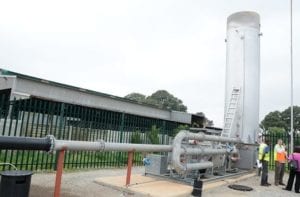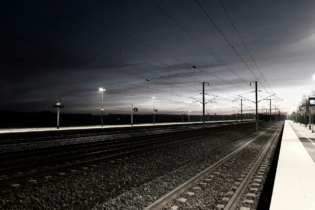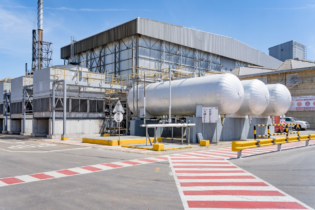While South Africa grapples with electricity challenges, the City of Johannesburg believes it has a solution that can help to keep the lights on.
Pikitup, the City’s waste management company, says the five landfills it manages will by 2016 generate 19MW of electricity, enough to power 16 500 homes. The electricity will be generated from methane gas and carbon dioxide extracted from waste at the five landfills – Robinson Deep in Turffontein, Marie Louise in Roodepoort, Goudkoppies in Devland, Linbro Park near Alexandra and Ennerdale in Lawley. This fits well into Gauteng Premier David Makhura’s recent announcement that the provincial government was investigating alternative energy sources, including solar power, to alleviate pressure on the electricity grid.Gas to electricity gaining traction in Joburg
The Robinson Deep Landfill, which opened in 1930, stood 80 metres high and had a lifespan of only seven years. But Councillor Matshidiso Mfikoe, Member of the Mayoral Committee for Environment, Infrastructure and Service, says this could be extended to 20 years by employing new waste management techniques, some of which were already being used. She says more than 300 trucks deliver waste at the landfill daily. Gas emissions and water contamination were monitored every three months to ensure there were no environmental mishaps.Premier Makhura earlier said the provincial government would look to provide 300MW of energy through alternative energy sources.
In 2005 the City identified the five landfills as potential sites to implement a landfill gas-to-energy Clean Development Mechanism (CDM) project. Through its implementation, the City would help South Africa meet its Kyoto Protocol commitments while generating revenue through the sale of Certified Emission Reductions and sale of electricity generated from the project. The City’s Environment, Infrastructure and Services Department initiated the landfill gas-to-energy CDM project in 2007 to mitigate the harmful greenhouse gases emitted from the landfills. The renewable energy generated from the project would be fed into the municipal grid, thus offsetting largely coal derived electricity. –Joburg.org.za







